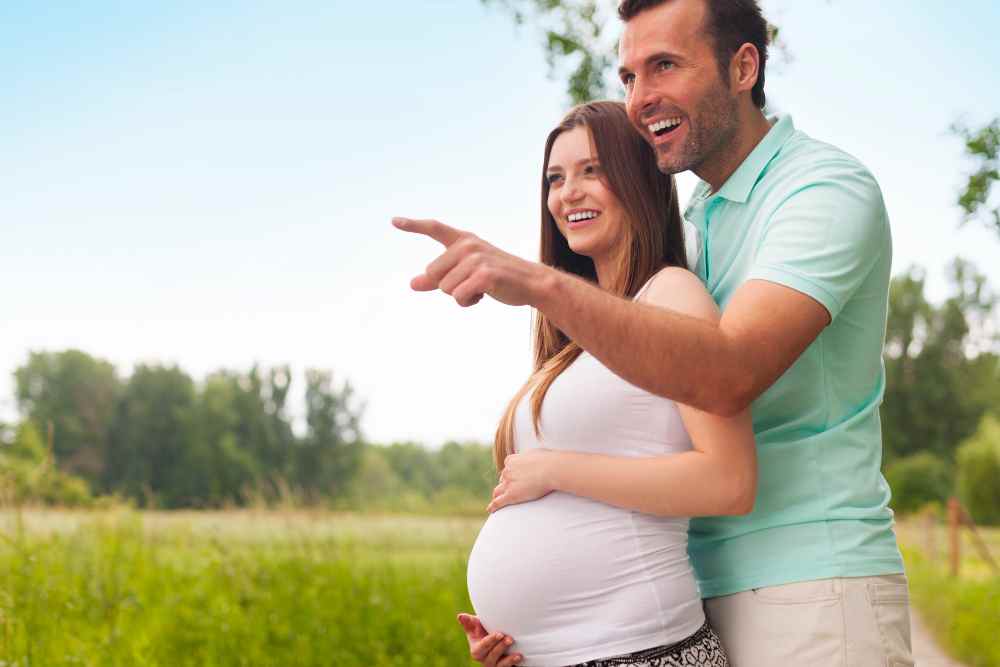From higher education to economic stability, there are various reasons women delay the process of childbearing.
While 15 years to 30 years is the time when a woman is most fertile, not everyone is ready to bear the responsibility of a child this age.
From a career perspective, 35 to 45 seems the most perfect age for childbearing but this is the time when there is a terminal decline in a woman’s fertility. So, if you are waiting for a bit more to become a mom, here is how late it is too late to become a mom.
Advanced maternal age and fertility
The conception after the age of 35 comes under ‘advanced maternal age’, also called AMA.
But one should not be terrified of the term because getting pregnant even after the age of 35 is possible with or without assisted reproduction. But it is usually not advisable to wait so long as it can lead to complications.
Though some women might have a hard time in late motherhood, some sail through it very easily. There are many factors including how close you are to your menopause that plays an important role.
Here are a few things you should know about conceiving at an older age, what risks it has for you and the baby and what you should ask your doctor before you embark on the journey.
What is assisted conception?
There is an increase in the number of women of advanced maternal age (AMA) options for assisted reproduction. Women opting for late pregnancy should know that there is age-related complexity to fertility, including a decline in the oocyte quality and reserve in addition to an increase in the number of oocyte chromosomal aberrations.
Success rates of assisted reproductive technology (ART) cycles decrease with advanced maternal age. There are different fertility options for women of AMA including fertility preservation, IVF treatment, genetic screening and oocyte or embryo donation.
Detailed counselling needs to be done as per the risks. Women of AMA should be screened for any underlying medical condition that can have an impact on maternal and neonatal morbidity and mortality.
The natural deterioration in female reproductive ability has two main reasons
– Progressive depletion of the number of oocytes in the ovary
– Age-related decrease in oocyte quality
Reproductive choices for women at an advanced maternal stage
– Social egg freezing
– Embryo freezing
– IVF
Maternal health risks of pregnancy at an advanced age
Elderly women who become pregnant are at a higher risk of caesarean delivery, gestational diabetes, preeclampsia and preterm delivery of the baby with low birth weight. These risks vary widely, depending on the woman’s health status and increase with maternal age at delivery.
Other ways to conceive if you are older
IVF with donor eggs: in this process, instead of doing a traditional egg retrieval to later fertilize and transfer, you can do an embryo transfer using embryos created with donor eggs that are fertilized with either your partner’s sperm or donor sperm.
Egg freezing: If you know beforehand that you want to wait to have a baby and you are under the age of 35, you might consider freezing your eggs right away. If you are freezing your eggs in your early 30s and plan to use them in your 40s, your odds of having a healthy baby will relate to your age when you freeze your eggs and not your current biological age.
Embryo adoption: Either you choose to do IVF yourself or to use a surrogate embryo adoption is another favourable option. Embryos are generally frozen and donated by couples who aren’t using them in their own ART procedures.


